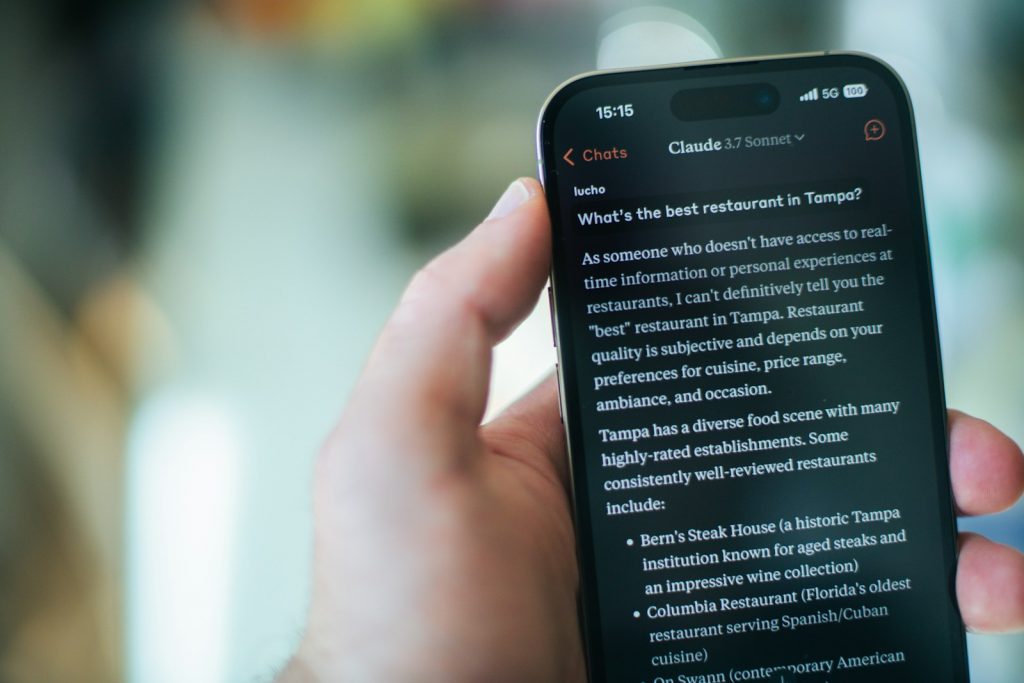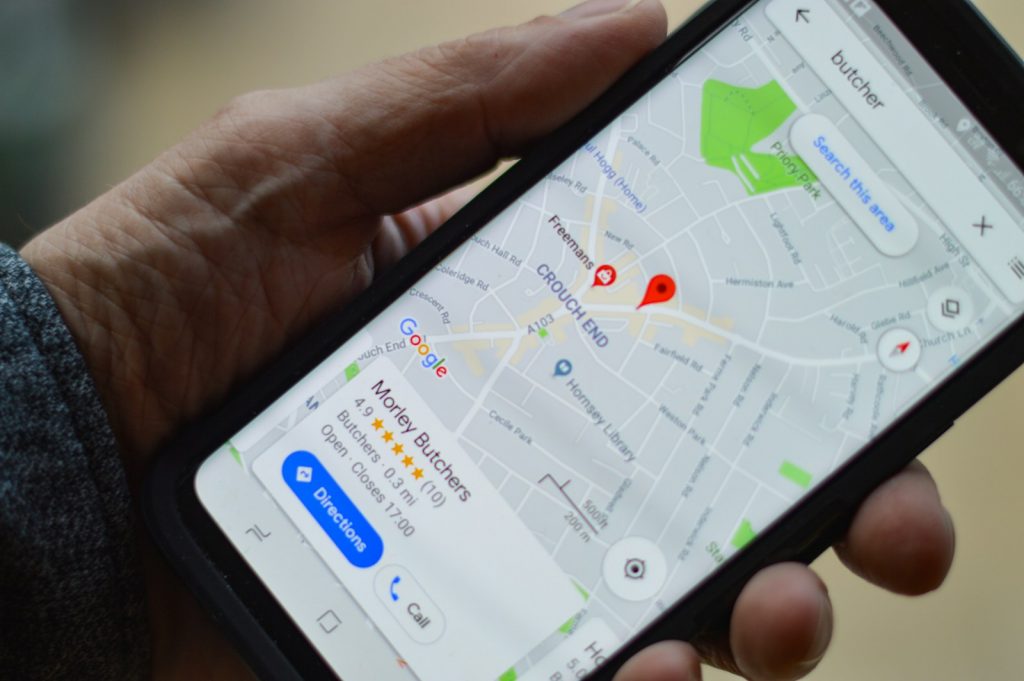AI has changed the face of SEO. New terms like GEO and AEO... What does it all mean?
To survive the digital transformation that AI-fuelled SEO brings, businesses must adopt forward-thinking strategies. Here are the four most significant shifts organisations must consider when optimising for SEO in 2026.
🤖✨ AI Answers & Generative Experience Optimisation (GEO)

Generative AI search, as seen in Google’s Bard or Microsoft’s AI-powered Bing, redefines results pages.
Instead of receiving a list of links, users are now presented with fully generated summaries, contextual insights, and actionable steps to solve their queries. This shift is what experts call Generative Experience Optimisation (GEO).
What This Means for Businesses:
Your content must be designed not just for humans but also for AI summarisation systems. Search engine AI reads your site, condenses your content, and draws its key insights. If your content lacks substance, structure, or contextual richness, it risks exclusion from these AI-generated summaries.
How to Adapt:
Create authoritative, in-depth content that fully answers user questions. Incorporate subtopics and FAQs to demonstrate depth.
Use structured data markup like schema to help AI easily connect your information with user queries.
Optimise for entity-based search (more on this below).
🔍🤔 Answer Engine Optimisation (AEO): The New SEO Revolution

In 2026, AI search will rely more heavily on concept-based searching – a phenomenon now referred to as Answer Engine Optimisation (AEO).
Search platforms will increasingly function as solutions providers, connecting users with results that deliver explicit answers.
What This Means for Businesses:
Your ranking will depend on how well your content answers direct queries across multiple formats. AI doesn’t just list results arbitrarily; it will prioritise clear, concise, and user-focused answers.
How to Adapt:
Implement the People Also Ask (PAA) strategy. Regularly analyse PAA search queries to better tailor your content to trending queries.
Optimise for voice search. AI interprets conversational queries from voice assistants differently than typed searches.
Use natural language across your content. Break free from rigid keyword frameworks and opt for flexible, engaging copy that reads conversationally.
✅ E-A-T Becomes Essential

By 2026, content that fails to meet Google’s EAT (Expertise, Authoritativeness, Trustworthiness) criteria will struggle to appear in search results.
The era of black-hat SEO is well behind us – search engines now prioritise credible, clearly-sourced, and verifiable data.
What This Means for Businesses:
Google and other AI platforms increasingly devalue content from unknown authors or unverifiable sources. Businesses must invest in trust to compete in the world of AI-powered search.
How to Adapt:
Build an author profile and showcase industry expertise. Publish under real names, titles, and qualifications.
Include credible citations and links to authoritative sources.
Add customer reviews, testimonials, and trust signals on your website to reinforce legitimacy.
📍✨ Local SEO Drives Hyper-Personalisation

While global businesses benefit from overarching strategies, local SEO plays a more prominent role in the era of hyper-personalised AI search.
Algorithms in 2026 will consider location-based intent more aggressively.
Example Scenario:
A user searching for “best vegan restaurants” might receive not just a list of restaurants nearby but contextual commentary generated by AI that compiles online reviews, menu highlights, and even driving routes tailored to their location.
How to Adapt:
Claim and fully update your Google Business Profile. Add high-quality photos, opening hours, and precise location data.
Create location-specific landing pages. Each page should be unique, catering to local trends and search behaviour.
Use geo-structured data like latitude/longitude tags to tie your business to frequently searched coordinates.
Google receives more than 14 billion searches a day — and promises to get even more with AI Mode, an end-to-end AI search experience that challenges SEOs to rethink search engine optimization.
How AI Search Will Reshape Content Strategy
AI-powered search isn’t limiting; it’s broadening the scope of meaningful content creation. Businesses must adopt adaptive strategies like semantic SEO, dynamic keyword refining, and data-enriched content plans. Here are key takeaways for content creation:
Holistic Coverage: Your content should go beyond the surface with high-level topics broken down into actionable subtopics.
Interactive Formats: AI algorithms now favour video, infographics, and podcasts as much as traditional blogs. Experiment with multiformat content to maximise visibility.
Topical Authority, Not Keyword Overload: Build your site around comprehensive themes rather than disjointed pages targeting singular phrases. AI evaluates how well you cover an idea, not just a word.
The Future of AI SEO: Staying Ahead of the Curve
AI SEO isn’t just a buzzword in 2026 – it’s the foundation of search. If you want your business to not only survive but thrive, proactive innovation is key. Master tools like AI search consoles, invest in AEO-friendly content, and stay informed on developing technologies.
The shift to AI-driven search has begun – the real question is, are you prepared for the ride? AI SEO isn’t the future – it’s now. The steps you take today will determine your visibility in tomorrow’s marketplace. Is your business ready?
